
Facts
- Cleft lip or palate is not caused by something the mother or father did or did not do.
- In the normal course of development, structures simply do not close as is typical.
- A child with cleft lip/palate may have difficulty speaking clearly
- A child with cleft lip/palate may sound as if he or she speaks through her nose
- A child with cleft lip/palate may have difficulty eating
- Food may come through the nose of a child with cleft lip/palate
- A child with cleft lip/palate may have frequent middle ear infections
- A child with cleft palate may tend to have dental cavities
- Cleft lip is a split on either one side (unilateral) or both sides (bilateral). This split may be slight indentation to a full split to the nose.
- Cleft palate is a hole in the roof of the mouth and can include both hard and soft palate or just hard.
- Cleft lip and cleft palate may occur separately or together.
- Cleft lip/palate may be surgically corrected
- Middle ear infections may be treated by a physician
- Speech therapy may help the child to speak more clearly
- Good brushing of the teeth is very important
- Child should be held in an upright position in a high chair.
- If food comes out of the nose, child should be seated upright, chin tucked toward chest, shoulders pulled forward
- Child should be fed thick foods such as thicker congee that is chilled or room temperature.
- Child should use a cup with a side cut out.
- The head should not tilt back to take sips.
- A specially designed bottle may be needed.
- If a special bottle is not available use a squeezable bottle with an orthodontic nipple and cut a larger X hole.
- Baby should be burped frequently
- Baby will take longer period of time to feed, 20-30 minutes to take a 2-3 ounce bottle is normal.
- Baby may need to eat smaller amounts but feed more often such as early morning, midmorning, lunch, midafternoon, early evening, and later evening.
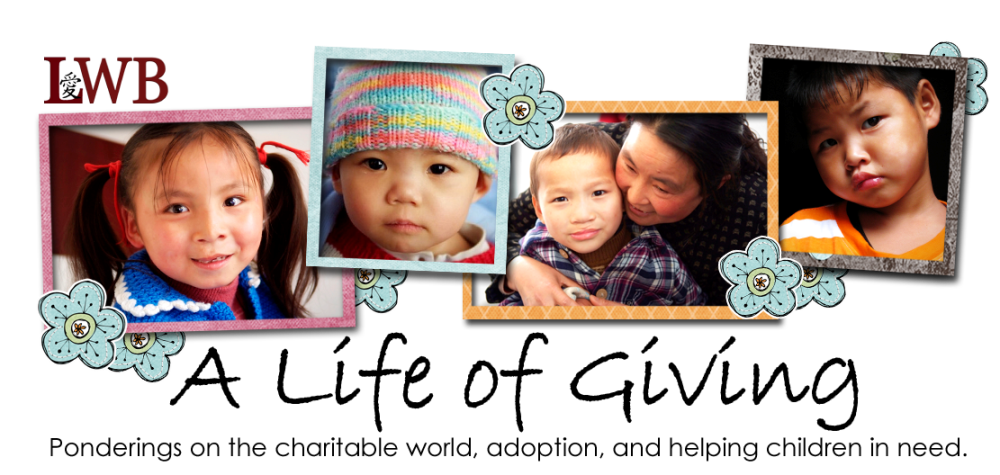
 Q & A on Cleft Lip and Palate
Q & A on Cleft Lip and Palate




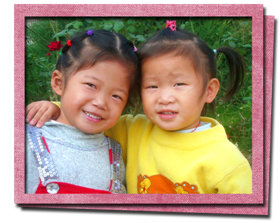
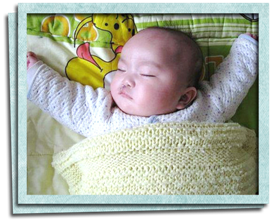

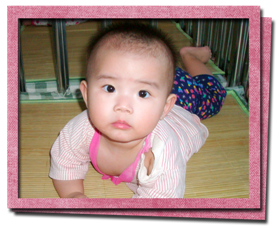
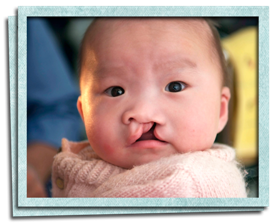

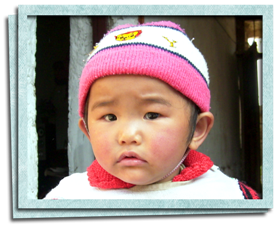
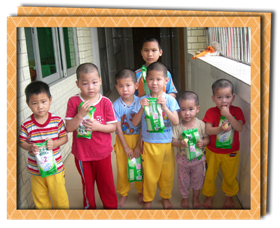
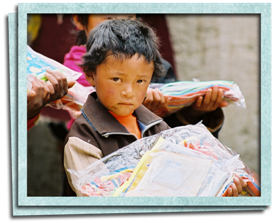


No comments:
Post a Comment